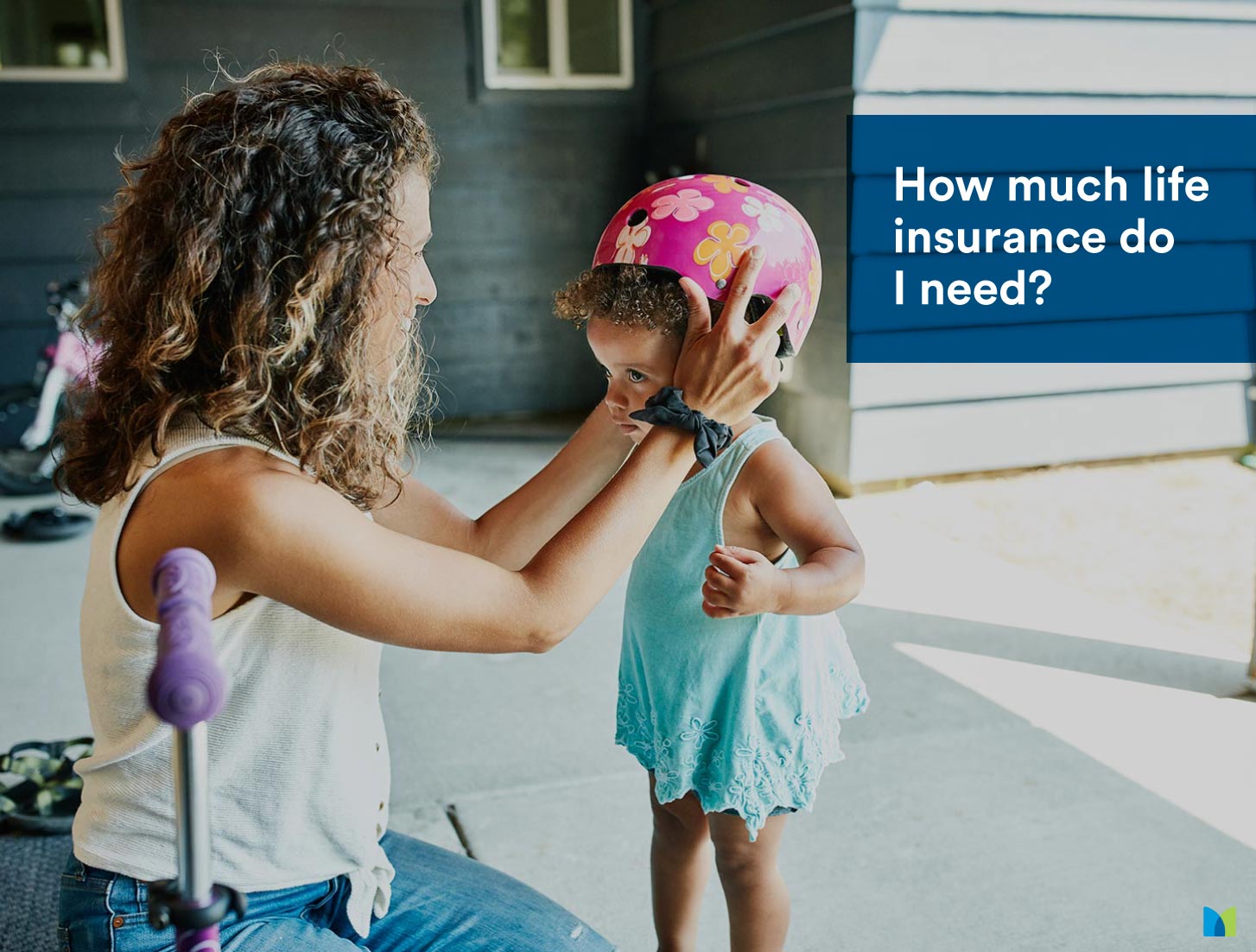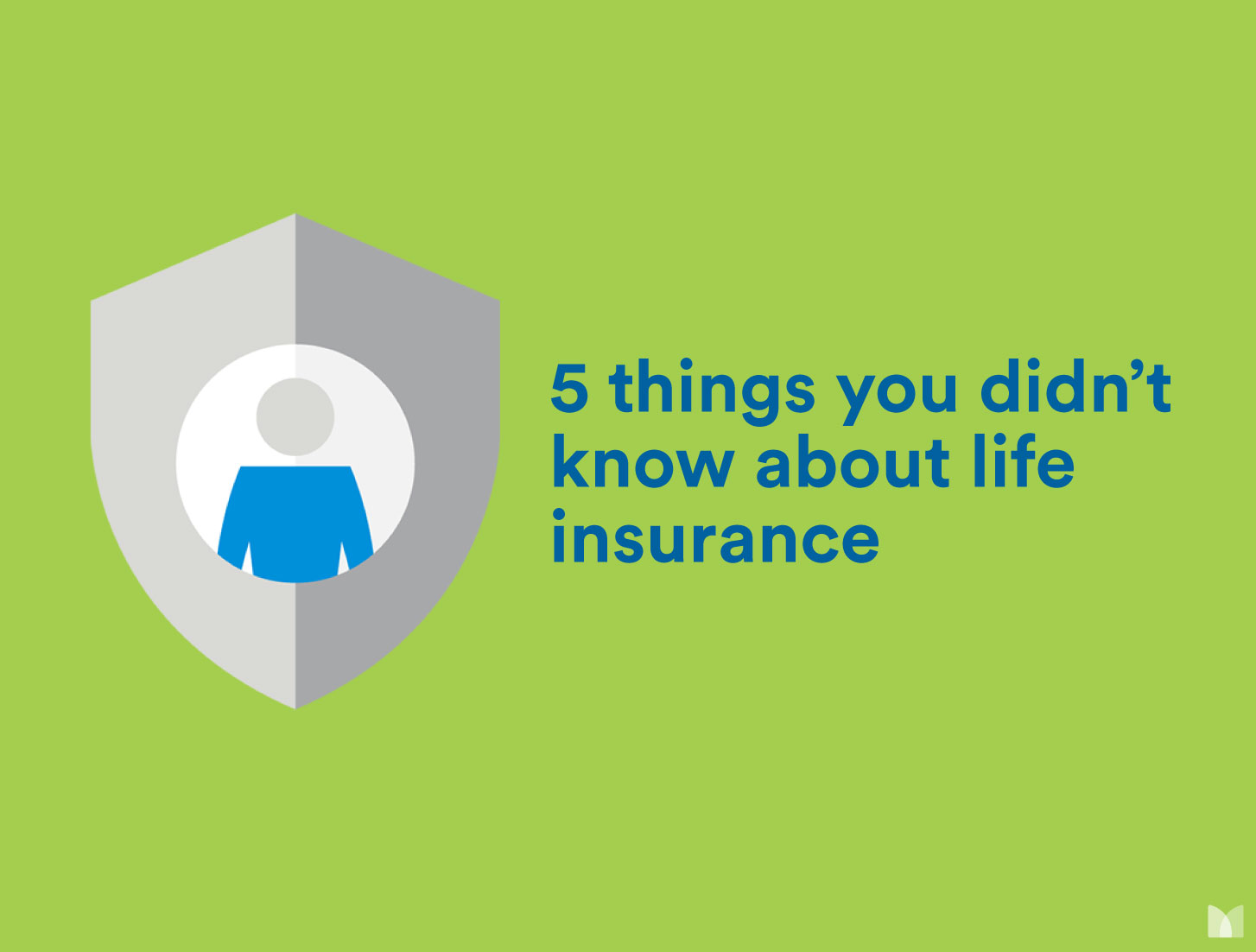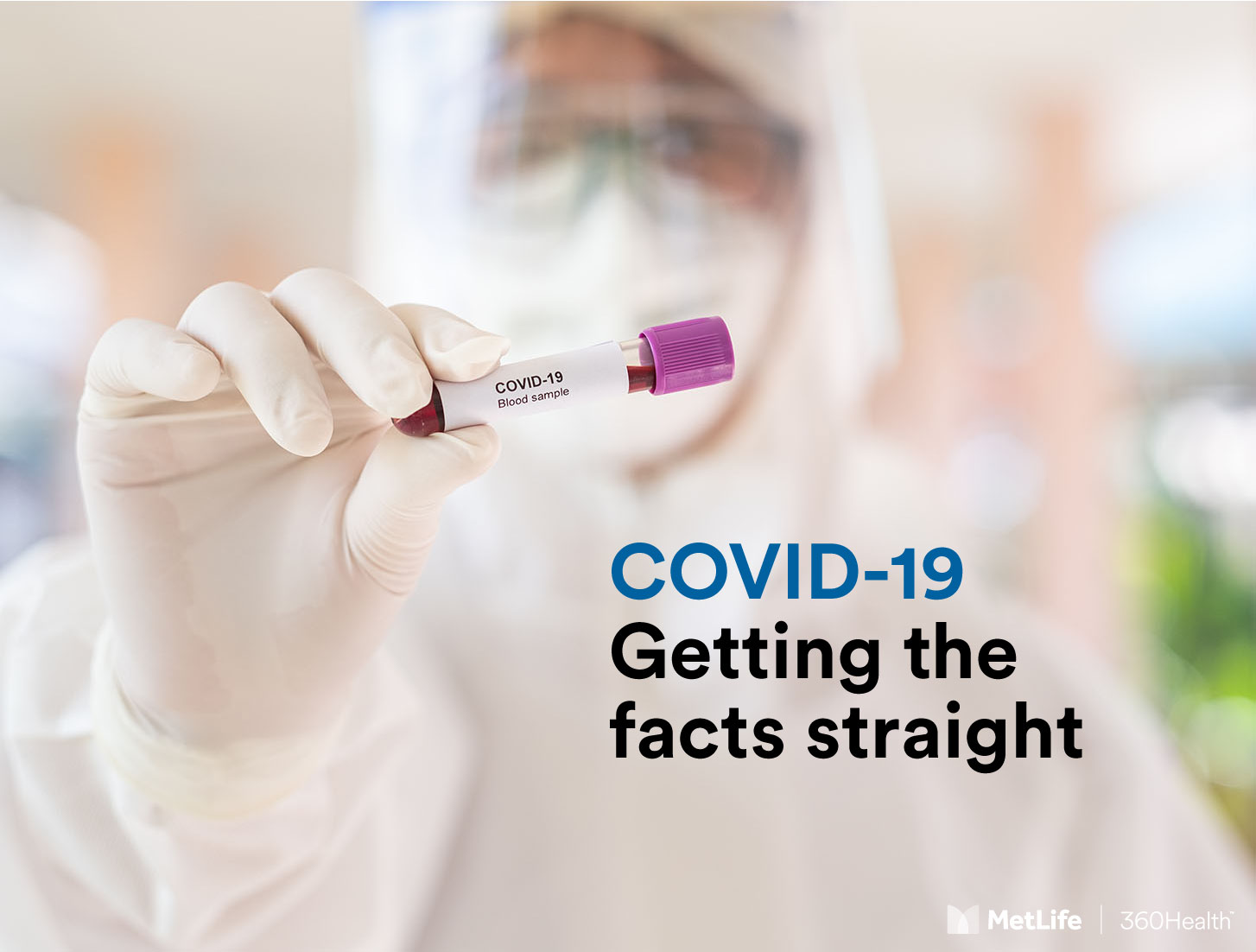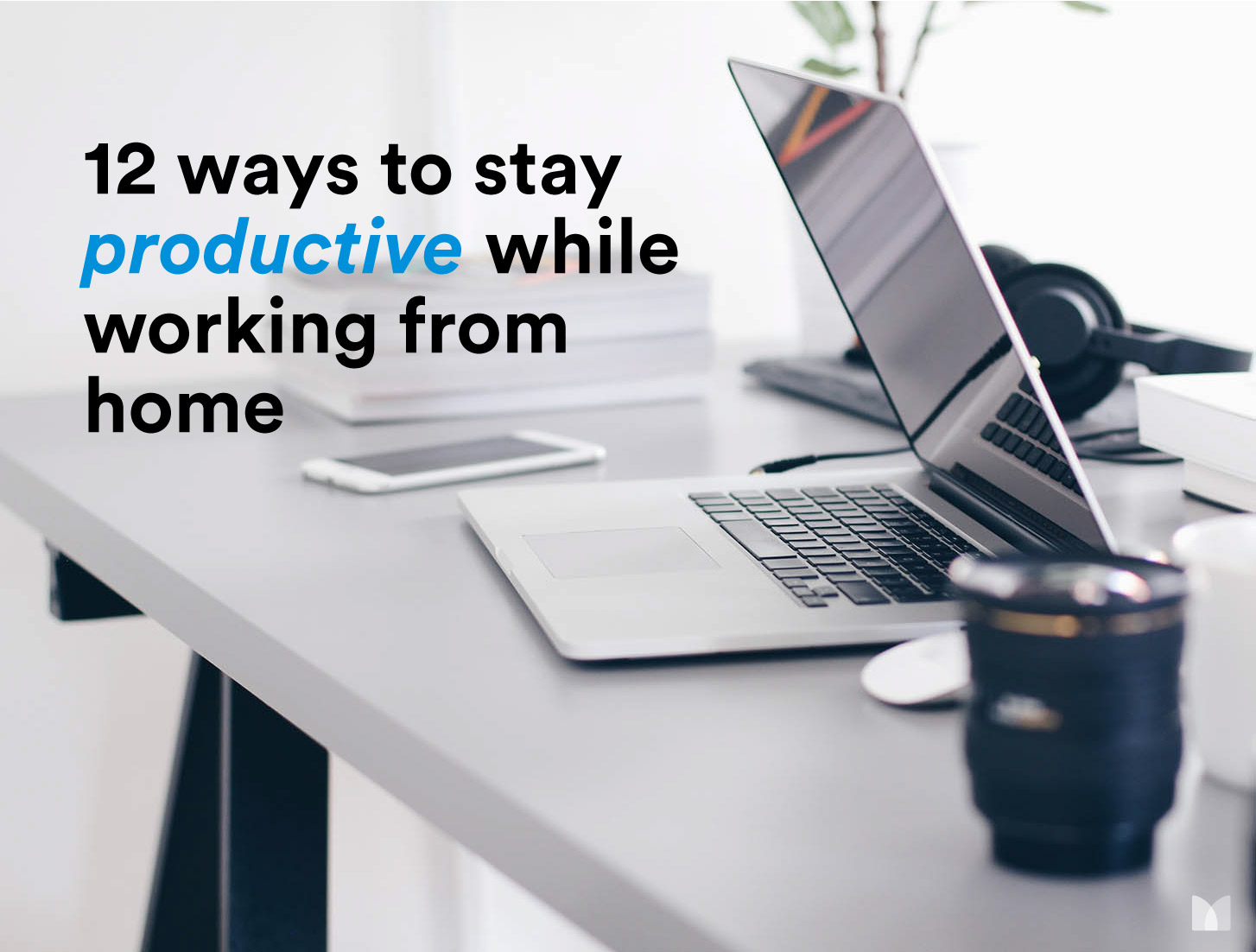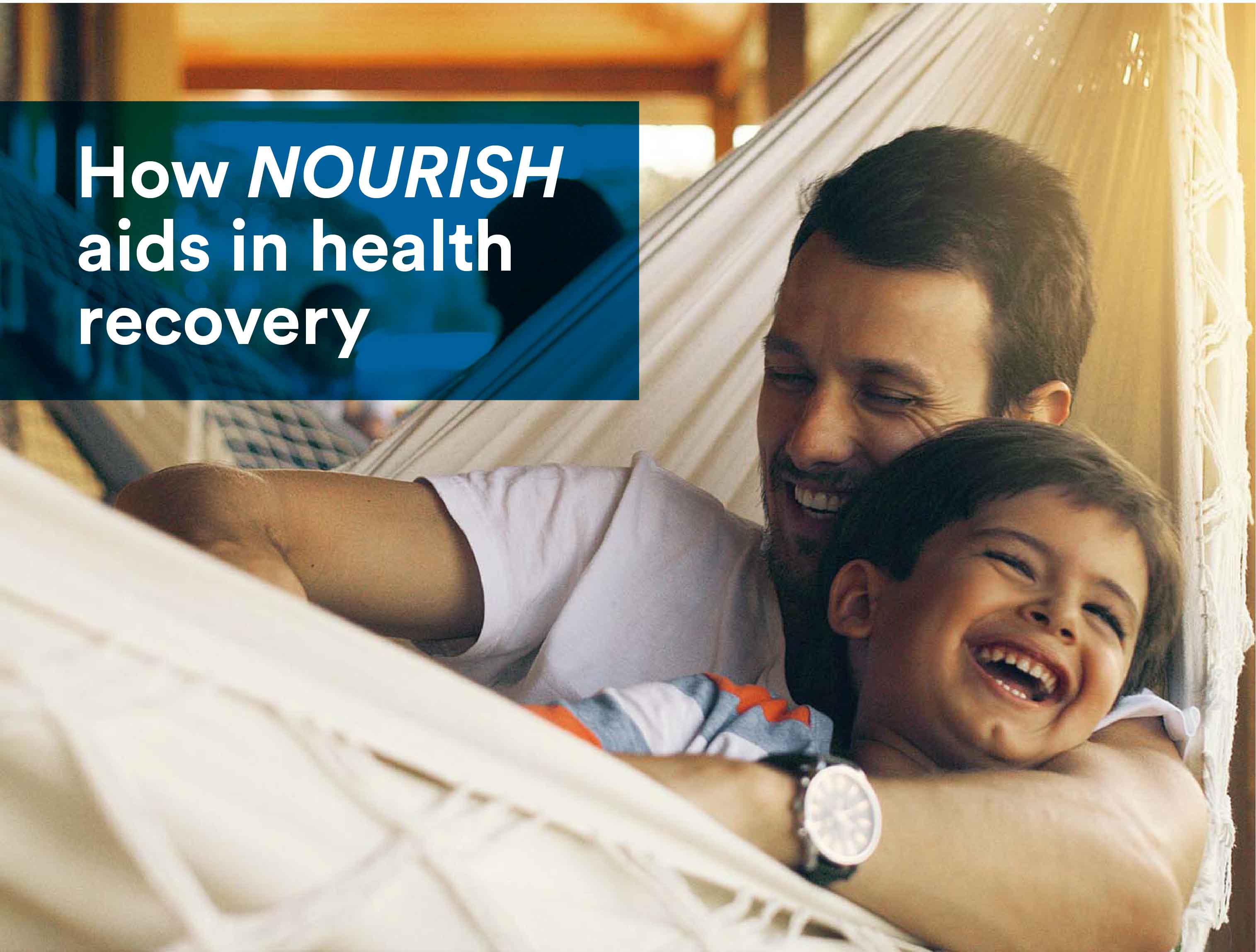
Many Australians are unaware they have life, TPD or income insurance as part of their superannuation. Even if they know it’s there, they don’t know what to do with it. Fox & Hare financial adviser Glen Hare explains how to make the most of insurance inside super (IIS).
How is IIS set up for most people?
Most Australians would have had insurance set up inside their super when they signed up for a super fund. What we’ve noticed with many of our clients is people come to us with three or four different super funds, and those different super funds also have insurance inside them.
In April 2020, there were some changes to how insurance inside super is managed and people 25 or under, or people with an account balance of less than $6,000, have to opt in to be provided with insurance. Most people have the default insurance, which is a group policy. It’s automatically given to eligible members when they join the fund, but if they want to adjust their level of cover they will likely need to go through some form of underwriting process. Whereas for a retail policy, you will always have to go through an underwriting process to get any cover.
The majority of the work for advisers is around consolidating the super investments and insurance policies to determine the best options for each person’s particular circumstances.
When you review insurance policies, what are some of the focus areas?
Because many people haven’t really looked into their IIS, they don’t know how much they’re being charged for that insurance. Often, they also don’t know what they are – and aren’t – covered for. If they ever need to make a claim, they might not have the appropriate level of cover, given their specific circumstances.
When we review insurance with our clients, we look at what cover they would need if something were to happen to them:
- Income Protection is to supplement loss of income during the time they’re temporarily unable to work;
- Total and Permanent Disability (TPD) is a payment for people who are permanently unable to work and earn an income again;
- Life insurance is a payment to look after the financial needs of their loved ones if something happens to them.
What worries me is that when people in their 20s and 30s look at what they are covered for, they don’t always think beyond their current needs.
Is it more cost effective to hold cover inside or outside super?
For Income Protection insurance, it’s important to know that if you make income protection payments yourself outside of super, then this may be tax deductible. However inside of super also has advantages as it can come from your super balance – this will reduce your balance in the short-term but will potentially help with your cash flow outside of super.
It’s also important to understand the different components of the policy, such as the benefit period. Are you going to be able to claim for two years or could you potentially claim until you’re 65?
The other important consideration is the waiting period: the time between when a claim event happens and when the policy will kick in. It could be 30 days or 90 or more. The amount of time you have to wait may affect the cost of the income protection premiums.
How do you help people work out the level of cover they need?
When you’re in your 30s and 40s, all of your income is usually being used for some specific purposes, such as paying a mortgage, paying for your kids’ education and everything else they need. You also need to take into consideration any medical costs for your treatment.
For TPD, we look at all potential costs if something were to happen and you could never work again, which include the medical treatment costs and paying off any debt. Additional considerations are if you have a partner and one of you is never able to work again, then that’s going to have a significant impact on the household’s ability to service debts such as mortgages. Then we also look to insure the other partner’s income, because they might need to take 12 months off to look after the person who can no longer work. It’s very bespoke: some people might need to cover school fees for several children, others might have significant debts to pay off.
For life insurance, it depends on whether you have dependents. If you have a family, we want to ensure all your biggest costs are covered such as mortgage, school fees and living expenses so they’re taken care of when you’re no longer around. If you’re single, you might want to think about how members of your family could be looked after. I recently spoke with a client who wanted to make sure his mother would receive support in case something happened to him. Another option for single people is to leave a benefit to a charity in your will.
For all insurance, the big consideration is making sure debts are paid off: if something were to happen to you and you no longer bring in income, you don’t want to be stuck with debts you can’t service. In some cases, you may need to make decisions about which debts are most worth covering: if you have three properties, for example, you might only want to insure for the debt on the family home.
What are the three big questions you should ask about IIS?
What am I covered/not covered for? Frankly, you must know your cover before you make any other decisions about changing your existing cover.
How much cover do I need? You need to tally up all the costs of living and debts such as mortgages, as well as decide what else is important to you to maintain a good quality of life for you and your loved ones.
What am I missing? Insurance is one of those things people want to put off until later, when they’re older. People in their 20s or 30s will insure their cars or engagement rings but sometimes don’t think about insuring themselves. So many people assume nothing will happen to stop them working and accumulating wealth, but sadly that’s not the reality.
For most of our clients in their 30s and 40s, the most common policy they claim on is Income Protection insurance after they experience a setback and can’t work for three, five or more months.
Learn more about insurance inside super.
